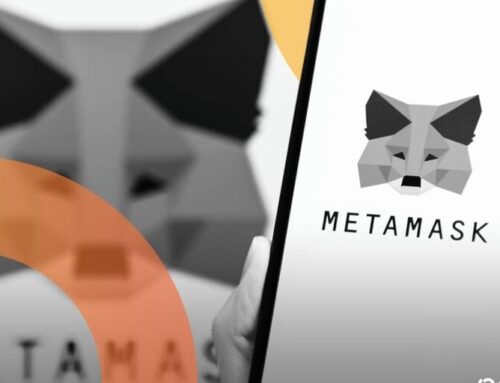WhatsApp Co-Founder Undermines Antitrust Allegations Against Meta in Court Testimony
May 21, 2025

Meta Platforms gained a potential boost in its ongoing antitrust battle with US regulators this week after a key witness, WhatsApp co-founder Brian Acton, testified that the messaging app had no intentions of becoming a social networking platform prior to its acquisition.
According to Bloomberg, Acton testified Tuesday in a Washington federal courthouse that his company never aimed to replicate features associated with Facebook, such as algorithmic feeds or other social networking tools. “We had no ambition to build Facebook-like functionality like a feed or any Facebook-like features,” he stated during the trial.
Acton’s appearance comes in the sixth week of a pivotal antitrust trial brought by the Federal Trade Commission (FTC), which is seeking to unwind Meta’s acquisitions of both WhatsApp and Instagram. The agency contends that the purchases allowed Meta to solidify an unlawful monopoly in the social networking space.
Per Bloomberg, the FTC’s case centers on the theory that Meta acquired WhatsApp out of fear that it could evolve into a rival social platform. Although WhatsApp was focused solely on private messaging at the time of its 2014 purchase, internal Meta communications suggest executives viewed the app as a potential threat. One such document, from then-CEO Mark Zuckerberg in 2013, warned board members about the risk of a messaging service morphing into a broader social network.
Read more: WhatsApp Secures EU Court Adviser’s Backing in Privacy Fine Dispute
Nonetheless, Meta’s defense has pointed to Acton’s testimony, as well as supporting documents, to argue that WhatsApp’s trajectory remained distinct from that of Facebook. Lawyers for the tech giant showcased a handwritten note by Acton stating “No Ads! No Games! No Gimmicks!”—a message reinforcing WhatsApp’s original philosophy. Several former employees and board members have also reportedly testified that there were no intentions to implement social features or advertising tools that could compete with Facebook.
The FTC has maintained that Meta’s aggressive acquisition strategy stifled innovation and reduced competition in the digital communication space. However, Meta argues that competition in the sector remains fierce, pointing to the rise of other platforms like TikTok and Apple’s messaging services.
Meta’s legal team called Acton to the stand in an effort to reinforce its argument that WhatsApp never posed a serious social networking threat at the time of its acquisition.
Source: Bloomberg
Search
RECENT PRESS RELEASES
Related Post



